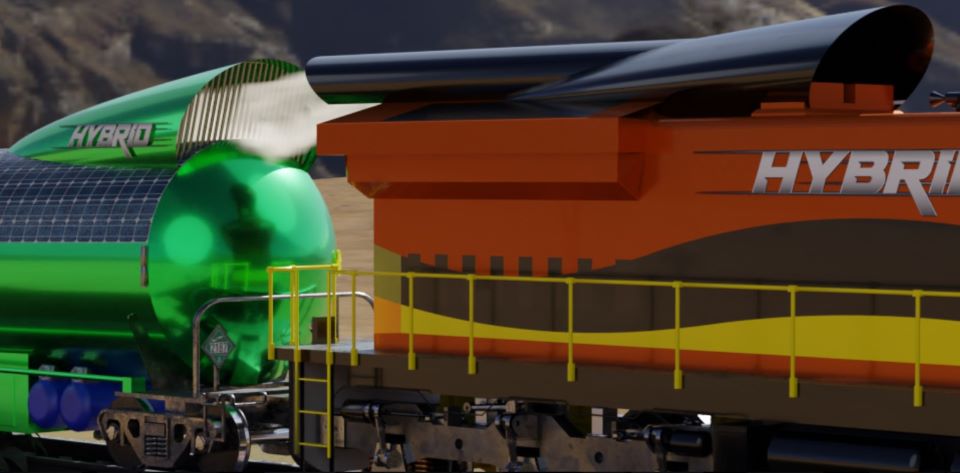Scientists study the natural world and strive to understand innate processes. Engineers take scientific understanding and work within not only scientific limits, but also social and economic boundaries, while also striving for efficiency. Scientific study is necessary for engineering progress, but is not sufficient in itself to create anything practical. That requires engineering judgement, which is obviously lacking when the end result isn’t very practical. Happy Reading.
Regenerative Braking to Put Direct Air Capture Onto Railway Tracks
This is an interesting concept resulting from out-of-the-box thinking, even if the analysis looks like it was done on the back of an envelope and the "sustainable energy source" is a diesel engine. It looks like a great science fair project, but is perhaps a bit underdeveloped for the real world.
The Engineer, July 2022
Stop Meeting Like This
Meetings hold the potential for important decision making. However, in many cases the most effective decision would be not to waste everyone's time by calling a meeting. Here are five tips for keeping meetings productive, or conversely, to prevent wasteful meetings.
ASME, September 2022
The Worldwide Water-Lifting Power of Plants Is Enormous
Although plants are generally energy minimalists, they need to raise water from their roots to their leaves for photosynthesis. This energy comes from evaporation, not biological energy stores. Mechanical engineers can learn from botanical plants, not just process plants...
Science News, September 2022
'Necrobotics' Engineers Are Using Spider Corpses as Tools
At last we have a way to "repurpose deceased spiders". Finally we no longer have to waste that resource. "It's the first step in a new area of research the engineers have dubbed necrobotics." That’s not frightening. Is the lead investigator called Dr. Frankenstein perchance?
IMechE News, August 2022





e6f9038e54216d0c8310ff0100d05193.jpg)